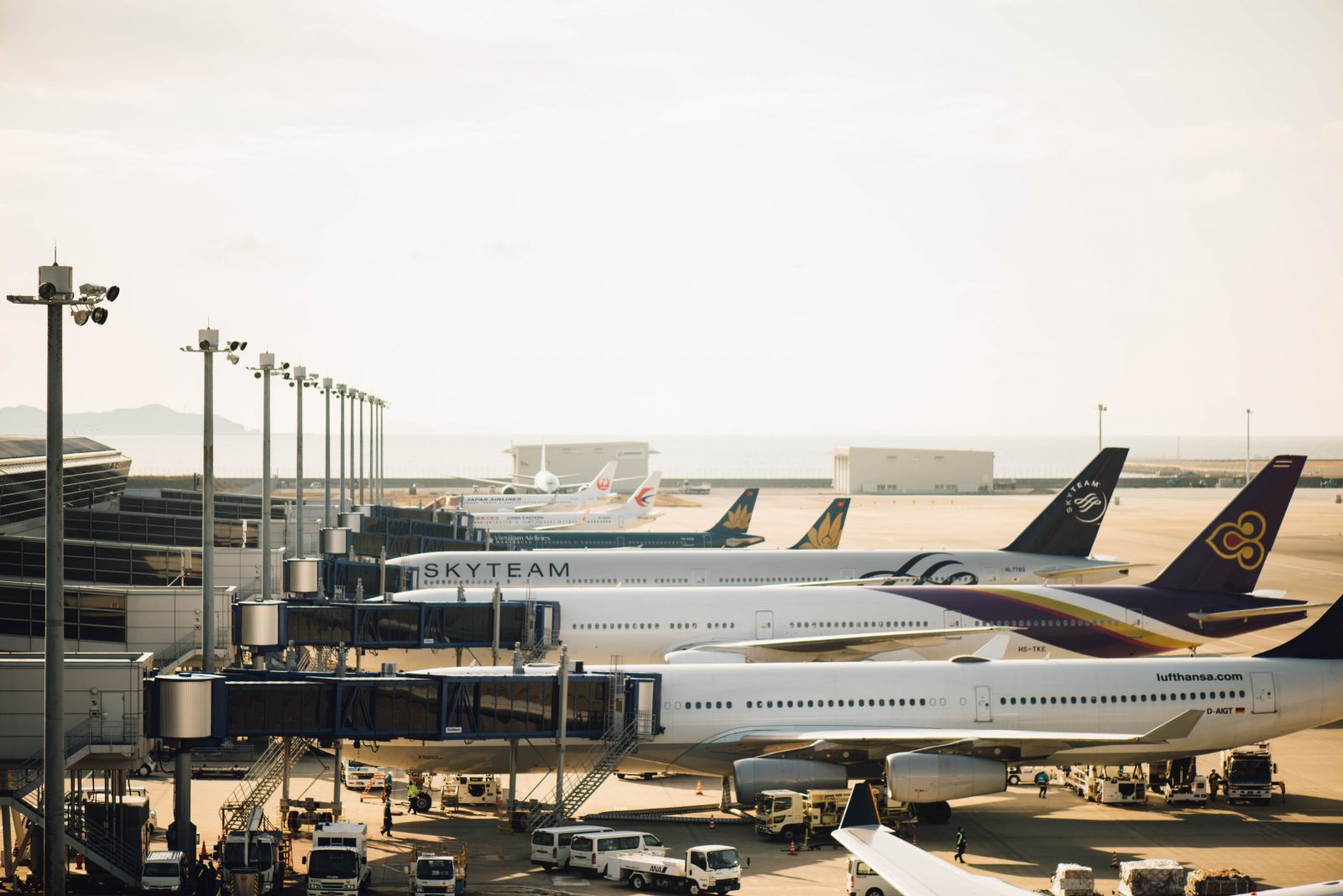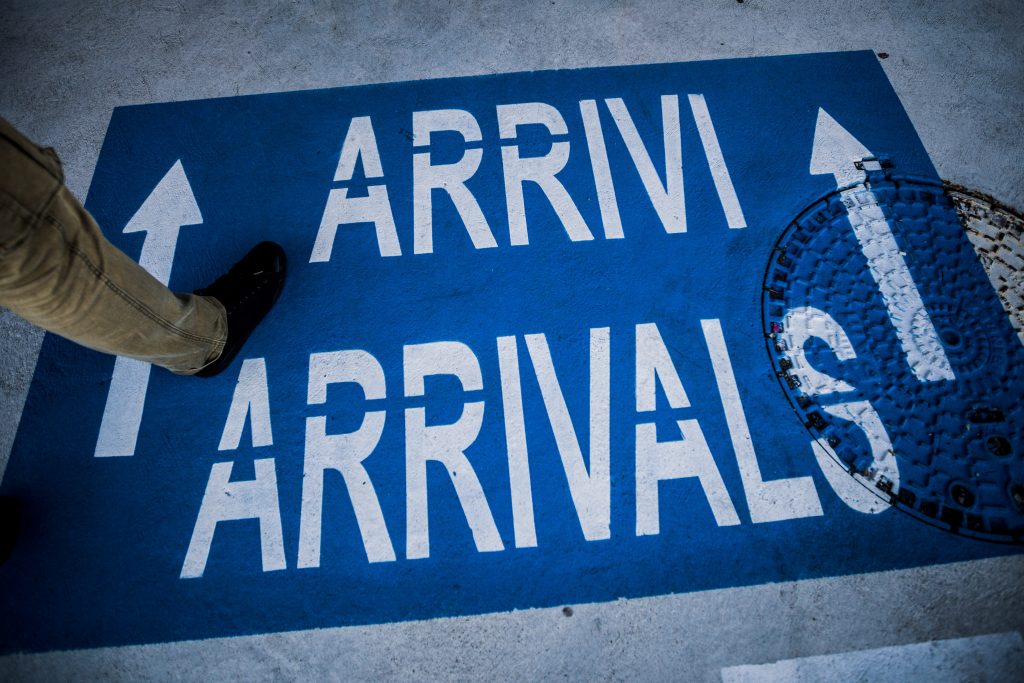
Since writing this article, President Trump has issued a proclamation banning travellers from 27 European countries from entering the United States for 30-days. The advice from the World Health Organisation remains unchanged.
The small Gulf State of Kuwait is to suspend all commercial flights to and from Kuwait International Airport from Friday in what could be the most dramatic and restrictive travel ban aimed at stemming the spread of the COVID-19 Coronavirus. It seems like both an intuitive and sensible policy decision and Kuwait certainly isn’t alone in restricting both travel and trade.
A slew of other countries have also imposed their own travel bans. At first, these were mainly aimed at stopping travellers from the virus epicentre in the Chinese city of Wuhan. Soon, these bans encompassed the whole of mainland China and now, as the virus spreads across the globe, the measures are becoming more and more draconian.

Saudi Arabia has banned travel from some of its closest allies in the Gulf despite a relatively low number of cases in the region. Qatar too has banned travel from 14 different countries but interestingly, travellers from Italy – the worst affected country in Europe – don’t face restrictions.
President Trump stands by his policy of banning travellers from China despite a recent spike in cases across the United States, while a number of countries including Australia continue to place restrictions on China despite its own community spread.
But while travel restrictions might at first seem a sensible decision, leading scientists from the World Health Organisation (WHO) expressly advise against travel restrictions being imposed on countries experiencing COVID-19 outbreaks.
“In general, evidence shows that restricting the movement of people and goods during public health emergencies is ineffective in most situations,” the WHO explains in a blog post on its website.
Not only do such measures divert resources and attention from where they could be really useful but travel bans will disrupt aid, resources and most importantly business the UN body explains.

The economic damage that can be exacted by a travel ban is, say’s the WHO, potentially far more damaging than the virus itself.
At least 38 countries have so far reported restrictions imposed on travellers from China but as can be seen in the case of Italy (which was one of the first to restrict travel) that might not necessarily work.
“Travel bans to affected areas or denial of entry to passengers coming from affected areas are usually not effective in preventing the importation of cases but may have a significant economic and social impact.”
World Health Organisation (WHO)
That’s not to say that travel bans aren’t always useful. The WHO notes that placing entry restrictions can sometimes “prove temporarily useful” – but that’s only the case if the country imposing the restrictions has few international countries and has limited resources.
If a country does decide to go down that route, the WHO says a travel ban can only be justified for a short period at the beginning of an outbreak so as to buy a country enough time to get the right resources together. Simply put, a travel ban will buy you time but it’s incredibly unlikely to stop the spread.
What should government’s be doing?
So if a travel ban probably won’t work, what does the WHO recommend? Just two simple things – travellers should be given prevention recommendation tips and made to fill out a health declaration so that contact tracing can take place should someone fall ill and so that officials can carry out a risk assessment of their fitness to travel.
The WHO does, however, say that it’s important that anyone who is sick delay their journey and advises vulnerable people such as the elderly or those with underlying medical conditions to avoid travelling to affected regions.
As for temperature screening at airport’s, the WHO debunks that idea saying that alone is “not an effective way to stop international spread”.
Yet, if the WHO and other public health officials don’t think travel restrictions are not only not particularly effective but could actually cause more harm than good, why are they being implemented at ever-increasing rates? It’s a good question that we don’t have the answer to.
The full advice from the WHO on the effectiveness of travel restrictions can be read here. There are also full details on how you can protect yourself from COVID-19 on the WHO’s website.
Mateusz Maszczynski honed his skills as an international flight attendant at the most prominent airline in the Middle East and has been flying ever since... most recently for a well known European airline. Matt is passionate about the aviation industry and has become an expert in passenger experience and human-centric stories. Always keeping an ear close to the ground, Matt's industry insights, analysis and news coverage is frequently relied upon by some of the biggest names in journalism.







